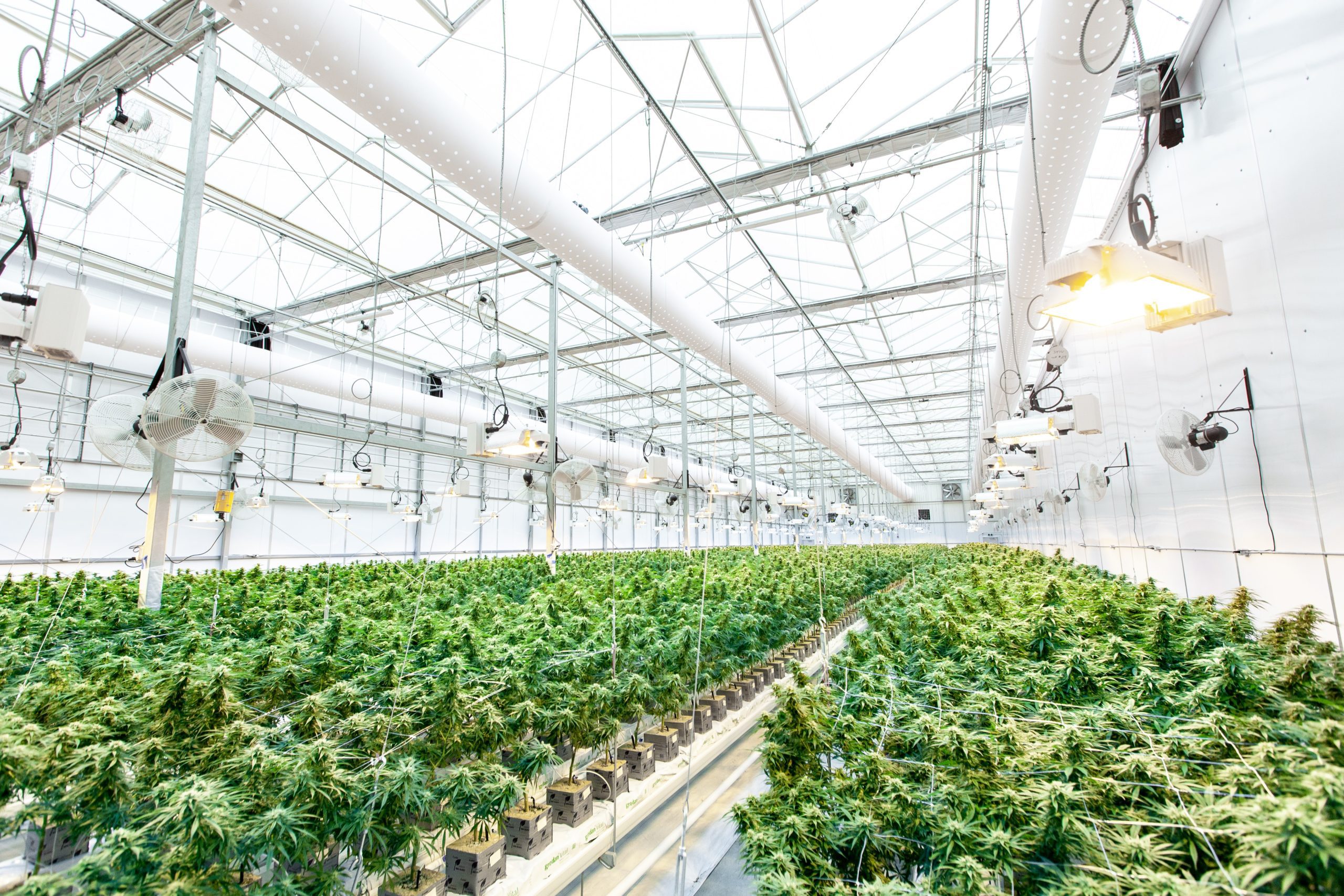
The relationship between cannabis use and mental health is a subject of significant interest and debate. It is crucial for individuals to have access to diverse perspectives and make informed choices when it comes to enjoying cannabis. Understanding the complex connection between cannabis and mental health is essential for responsible decision-making and the development of effective and safe enjoyment of cannabis products.
Cannabis use has been associated with positive and negative mental health outcomes. On one hand, certain cannabinoids found in cannabis show promise for therapeutic benefits. For example, cannabidiol (CBD), a non-psychoactive compound in cannabis, has gained attention for its potential anti-anxiety properties. Ongoing research is exploring the use of CBD in mental health treatment, particularly for conditions such as anxiety disorders and post-traumatic stress disorder (PTSD).
However, it is important to acknowledge that cannabis use is not without risks, especially for certain individuals or under specific circumstances. Regular or heavy cannabis use, particularly during adolescence, has been linked to an increased risk of developing mental health problems. Some individuals with a genetic predisposition or vulnerability may be more susceptible to negative outcomes, including psychosis or schizophrenia. While an association between cannabis use and mental health problems exists, the causation has not been definitively established.
The effects of cannabis on mental health can vary based on several factors, including the dose, frequency, and potency of cannabis use. These factors play a crucial role in determining the potential risks and benefits associated with cannabis use.
Dose: The amount of cannabis consumed can significantly influence its effects on mental health. Higher doses of cannabis may result in stronger psychoactive effects and potentially increase the risk of negative mental health outcomes. It is important for individuals to be aware of the potency of the cannabis products they are using and to consume them in appropriate doses.
Frequency: The frequency of cannabis use can also impact mental health outcomes. Regular or chronic cannabis use may lead to tolerance and dependence, which can have implications for mental well-being. Additionally, frequent use may increase the likelihood of experiencing adverse effects, especially if other risk factors are present.
Potency: The potency of cannabis refers to the concentration of psychoactive compounds, particularly delta-9-tetrahydrocannabinol (THC). Higher potency cannabis, often referred to as high-THC strains or products, can have more significant psychoactive effects and may be associated with a higher risk of adverse mental health outcomes. The rise of potent cannabis products, such as concentrates or edibles, has raised concerns regarding their potential impact on mental health.
Individual factors also contribute to the variability of effects. Each person’s unique biology, including their metabolism and genetic factors, can influence how they respond to cannabis. Additionally, an individual’s mental health history, including any pre-existing conditions or vulnerabilities, may interact with cannabis use and affect their overall mental well-being.
Overall, understanding the dose, frequency, and potency of cannabis use is crucial when considering its potential impact on mental health. Responsible use, moderation, and awareness of these factors can help individuals make informed decisions and mitigate potential risks. It is important to seek professional guidance and engage in open discussions with healthcare providers to assess individual circumstances and determine the most appropriate course of action regarding cannabis use and mental health.
Given these complexities, it is crucial to approach cannabis use with caution, particularly for individuals with pre-existing mental health conditions. Open and honest communication with healthcare professionals is essential to assess potential risks and benefits and to determine the most appropriate treatment options. Personalized approaches that consider individual circumstances and needs are vital for responsible cannabis use.
The known health benefits of cannabis are an important aspect to consider when exploring the relationship between cannabis use and mental health. Cannabis contains various cannabinoids, some of which have shown promise for therapeutic purposes.
One such cannabinoid is cannabidiol (CBD), a non-psychoactive compound found in cannabis. CBD has gained attention for its potential anti-anxiety properties and is being researched for its potential use in mental health treatment. Studies are exploring its effectiveness in addressing anxiety disorders and post-traumatic stress disorder (PTSD), among other conditions.
Furthermore, cannabis has been recognized for its potential pain-relieving properties. Studies have shown that cannabinoids, such as THC and CBD, may help alleviate chronic pain in conditions like multiple sclerosis, neuropathic pain, and cancer-related pain. This has led to the development of cannabis-based medications, such as Sativex, which is approved for the treatment of spasticity and neuropathic pain associated with multiple sclerosis in several countries.
Another area of interest is the potential anti-inflammatory properties of cannabis. Cannabinoids, particularly CBD, have demonstrated anti-inflammatory effects in preclinical studies. This has implications for conditions characterized by inflammation, such as arthritis or inflammatory bowel disease. While further research is needed to fully understand the mechanisms and efficacy of cannabis in these contexts, preliminary findings are encouraging.
Moreover, cannabis has shown promise in managing symptoms related to certain neurological disorders. In some cases, cannabis or its derivatives have been used to alleviate symptoms of epilepsy, with CBD being the most extensively studied cannabinoid for this purpose. Epidiolex, a CBD-based medication, has been approved by the FDA for the treatment of specific forms of epilepsy, such as Dravet syndrome and Lennox-Gastaut syndrome.
It is important to note that the health benefits of cannabis are still being explored, and more research is needed to fully understand its potential therapeutic applications. Additionally, individual responses to cannabis can vary, and what works for one person may not work the same for another. It is crucial for individuals considering cannabis for its potential health benefits to consult with healthcare professionals to assess their specific circumstances and determine the most appropriate course of action.
In conclusion, while cannabis is associated with both positive and negative outcomes for mental health, certain cannabinoids found in cannabis, such as CBD, have shown potential therapeutic benefits for conditions like anxiety disorders, chronic pain, inflammation, and certain neurological disorders. However, it is essential to approach cannabis use responsibly, considering individual factors and engaging in open discussions with healthcare providers to assess potential risks and benefits.
EXPLORE MORE NEWS
Newsletter




